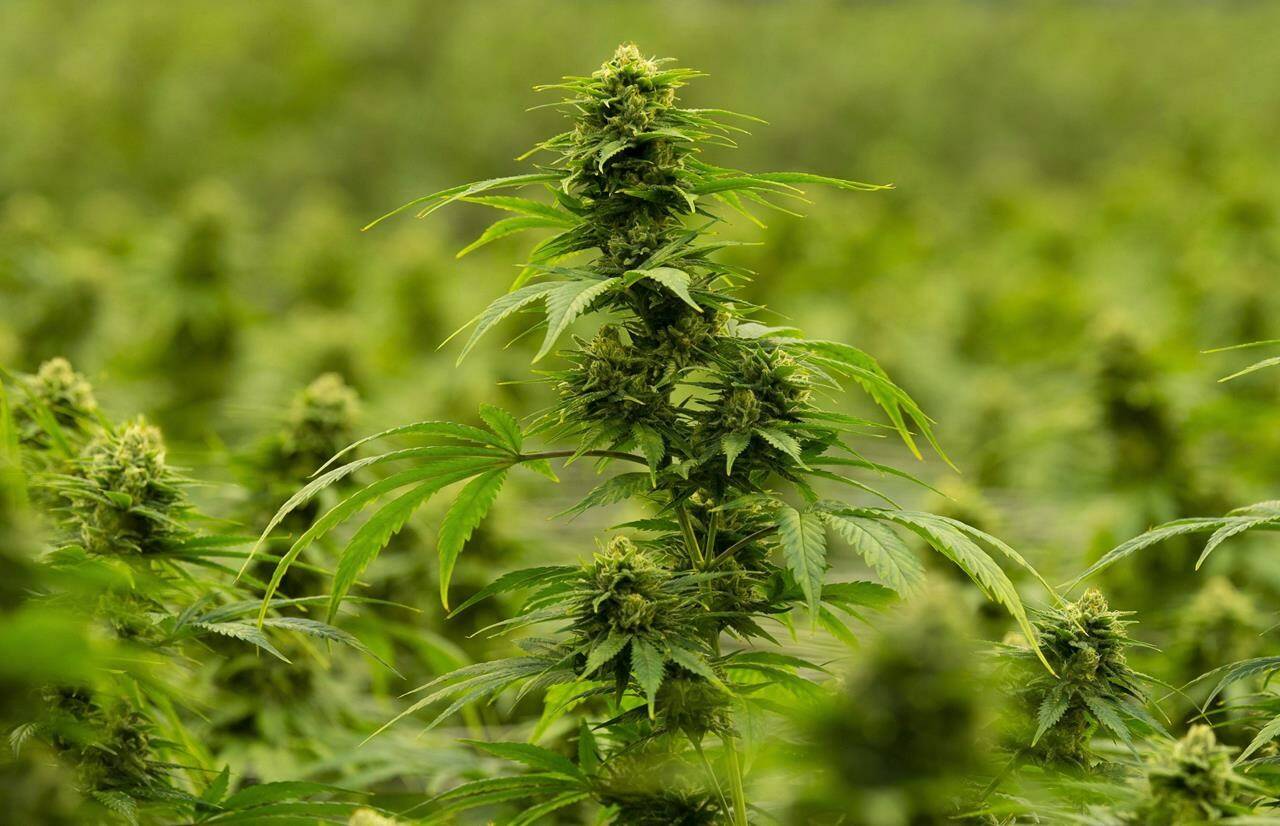Hexo Corp.’s chief executive says he’s seen a “price war” take shape over the last five months that could cause “significant” damage to Canada’s cannabis industry.
“No one wins in a price war,” Charlie Bowman told analysts on a Friday call.
“A lot of the especially smaller independent retailers are bleeding from a standpoint of just the plethora of retailers that are on the market right now and undercutting one another.”
Statistics Canada said a gram of legal cannabis cost $10.29 on average in 2019, the year after recreational cannabis was legalized in Canada (more recent prices were not available). At that time, a gram of weed bought through the illicit market cost $5.96.
Legal weed prices have fallen dramatically in recent years, with the Ontario Cannabis Store advertising several brands of flower for between $3.50 and $4.50 in recent months.
READ MORE: Processing facility ‘a game changer’ for West Kootenay cannabis producers
Bowman’s comments come as licensed pot producers, which are mostly unprofitable, have blamed illicit sellers, along with excise taxes and legislation for their profitability struggles.
Many of them have laid off hundreds of staff, closed facilities, moved to rationalize their product mix and embarked on restructuring initiatives meant to reduce costs.
The cuts have put pressure on the federal and provincial governments to take action.
The federal government launched last September a statutory review of the Cannabis Act, which set purchase and possession limits at 30 grams of dried pot or the equivalent, restricted youth access to marijuana and established safety requirements for growing, selling and transporting the substance.
READ MORE: How is cannabis legalization going? Feds launch overdue review to find out
The panel undertaking the review has said their work could result in economic changes for the industry.
Ontario’s provincial pot distributor is also getting involved in aiding profitability. The Ontario Cannabis Store’s plans to reduce its margin and markups later this year will help licensed producers chisel away at the illicit market.
Bowman is hopeful the move will help licensed producers “take away from the illicit market because the illicit market had a fantastic grow this past year, and as a result, they have plowed it in throughout the country.”
By the OCS’s count, the illicit market made up 43 per cent of Ontario’s cannabis market last March, down from 75 per cent in June 2020.
However, Hexo’s fight against the illicit market is compounded with other troubles.
Before Bowman took the helm last spring, the Gatineau, Que.-based cannabis company had consistently racked up millions in losses each quarter, seen its Nasdaq listing in peril and cycled through multiple CEOs.
A 2021 PricewaterhouseCoopers LLP review of the business showed that Hexo “did not maintain, in all material respects, effective internal control over financial reporting” and several factors “raise substantial doubt about its ability to continue as a going concern.”
On Thursday, the company behind brands including 48North, Redecan and Original Stash reported a net loss of $11.1 million in its second quarter compared with a loss of $690.3 million a year earlier.
To get the week’s latest must-read stories from the cannabis world direct to your inbox, sign up for our weekly newsletter at canadianevergreen.com. You can also follow us on Facebook, Instagram and Twitter.

